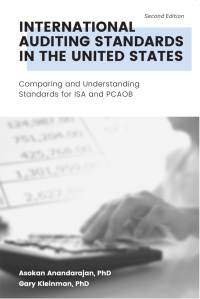
Under the concepts of the time value of money, you can determine the future value of an amount invested today that will earn a given interest rate over a given amount of time. This technique can be used to calculate the future value of (1) a single receipt or payment made or (2) a series of receipts or payments. Jordan and Megan are sitting together, with their notebooks and textbooks open, at a coffee shop. Theyve been reviewing the latest lecture from Dr. Boudreauxs financial management class by asking each other questions Todays topic addressed the calculation of future values for both simple and compound interest-earning accounts. Complete the missing information in the conversation that follows. Round your final answer to all computations to two decimal places. However, if you compute any interest factors as an intermediate step in your calculations, round them to four decimal places. Jordan So, why is it important to be able to calculate the future value of some amount invested? Megan First, remember that the amount invested is usually called _____and the amount earned during the investment period is called _____It is important to be able to calculate a future value so that you can know in advance what a given amount of principal will be worth after earning a specified _____for a known_____ Jordan OK, I understand that, and I know the amount of principal invested today can be called the _____value of the investment, whereas the amount realized after the passage of t period of time is called its _____value. But what causes the present and future values to be different values? Megan Two things cause the present and future values to be different amounts. First, the _____earned during the investment period causes the future value to be greater than equal to, or less than the present value. Second, the method used to calculate the interest earned-that is, whether the account pays _____interest-determines the amount by which the future value differs from the present value Jordan That makes sense, and I remember Dr. Boudreaux saying that the difference between simple and compound interest is that in the case of _____ interest, interest is earned solely on the invested principal, but in the case of _____interest, interest is earned not only on the principal but also on previously earned interest Megan Very good! So, heres your next question. Assuming equal amounts of principal, interest rates and investment periods, which type of account should produce the greater future value:the account earning simple interest or the account earning compound interest? Jordan By my reasoning, the account earning _____interest should have the greater future value, assuming identical amounts of principal, interest rates, and investment periods. Megan Again, correct! But now, I want you to prove it. So lets assume that you invest exist2,000 into two Megan different accounts, both of which earn 8% per year, and the money is invested for three years Account A earns simple interest, while account X earns compound interest. By how much will the future value of account X exceed the future value of account A? Here is a sheet of paper, show me how to calculate the future values of the two accounts







